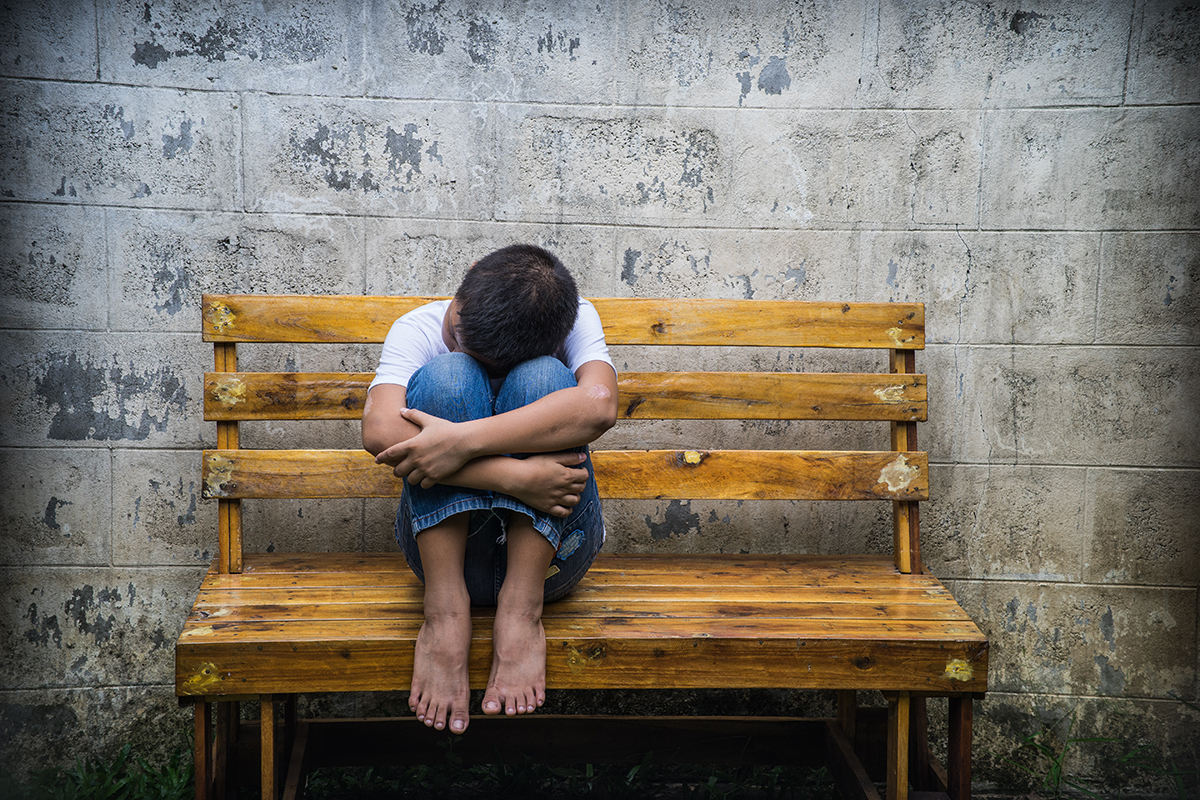Bullying is Not Okay

Name-calling, bullying, dismissing or degrading anyone is not okay. Being bullied can lead to low self-esteem and social anxiety. Kids as young as 4 develop stress-related illnesses and refuse to go to school, some even verbalizing the desire to kill themselves. It doesn’t take much to crush the budding identity and self-confidence of a child. The damage is often long-term because it becomes internalized and continues to haunt children through adolescence and into adulthood.
Inoculating a child against bullying requires strong parental, family, teacher and close community (such as church or extracurricular) support. Building up an antidote is a three-pronged effort to 1) affirm the child’s worth, abilities, goodness and beloved status and 2) reframe the bully as someone who has a problem with anger, self-esteem, self-control or compassion, and 3) provide the tools for healthy boundaries to be established.
In affirming the child’s worth, one of the strongest messages is that they are a precious, beloved and perfect child of their Father-Mother God (Allah, Creator, or words that reflect your faith tradition). Helping children feel that they are surrounded by divine Love no matter where they are or who says what to them, empowers and protects their psyche (which is the Greek word for soul or spirit.)
On the other side of the coin, studies show that becoming a bully most often stems from early experiences of what children heard and observed at home, saw on TV and witnessed in public. In adults it can indicate a mental illness such as authoritarianism, narcissism, grandiosity, lack of empathy. The best defense to keep a child who bullies into becoming an adult bully is to nurture empathy and compassion. Bullying is a misplaced sense of being more important than someone else, but from a spiritual standpoint, every child is a child of God, no one more than another, and deserves respect.
If we remember this for ourselves, we will model the behavior we want to see in our children and in our peers.